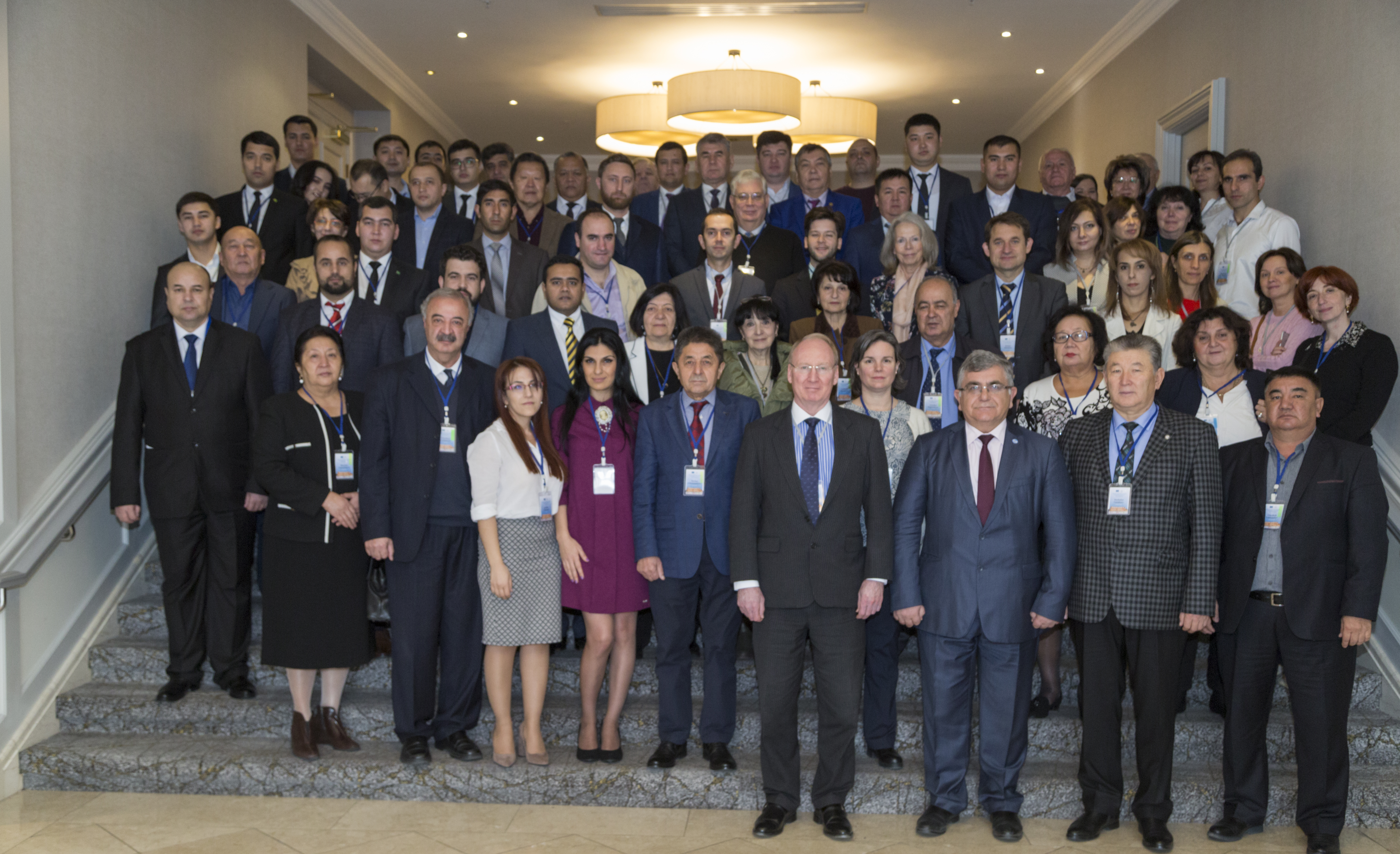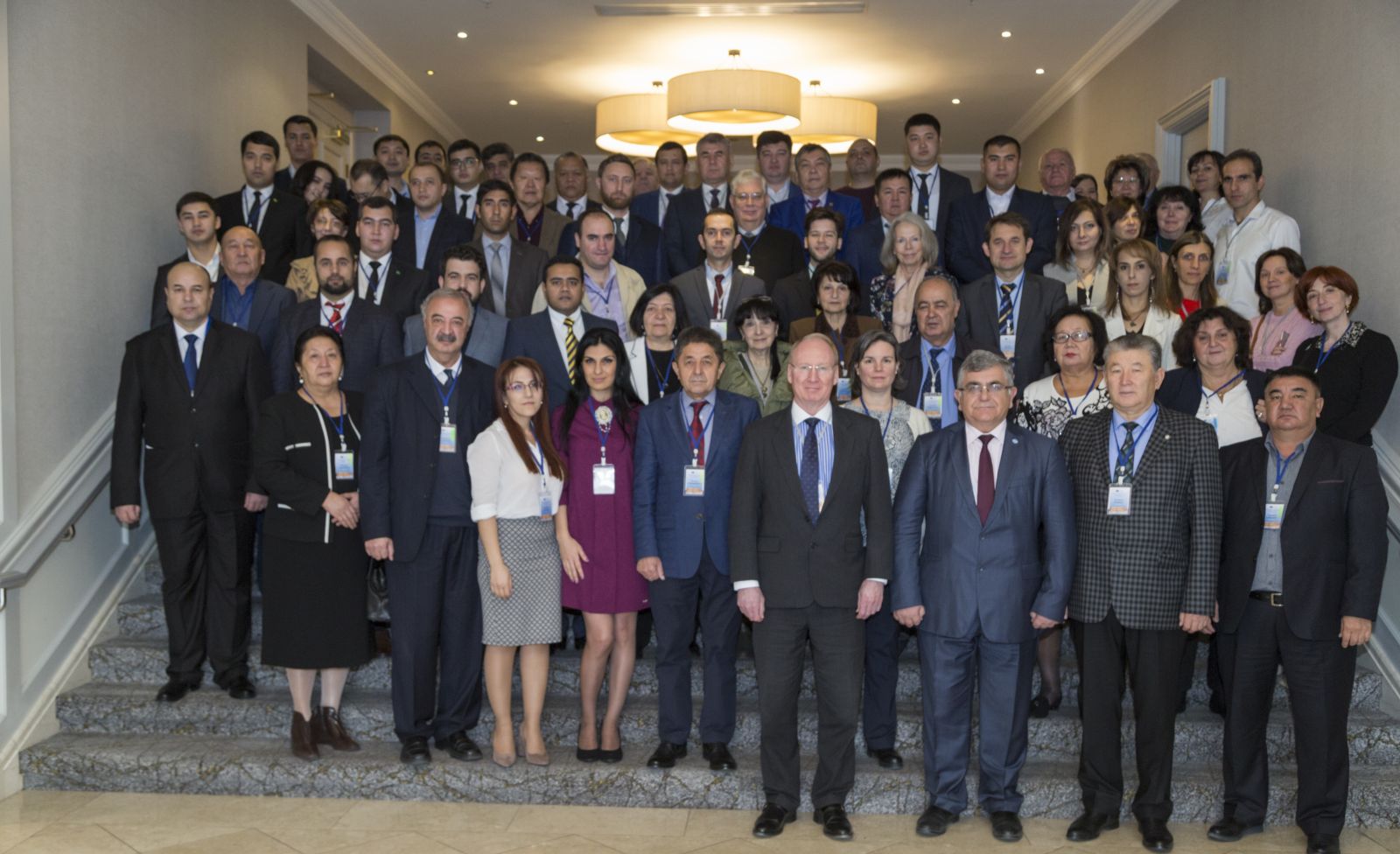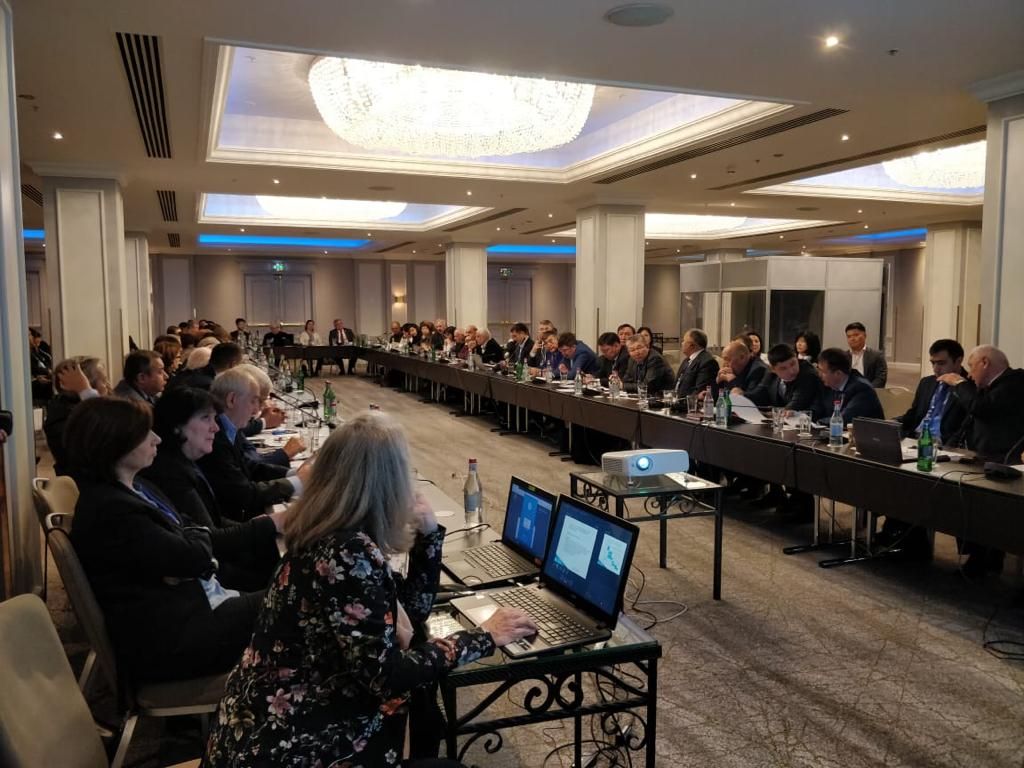Yerevan Hosts the Third Seminar of the EU Targeted Initiative CBRN Export Control on Dual-Use Materials and Intangible Technologies in Central Asia

 On 5-6 November 2018 ISTC organized in Yerevan, Armenia, an important event in the implementation of the EU P2P project in the field of strategic export control in Central Asia and adjacent regions, covering Afghanistan, Armenia, Georgia, Kazakhstan, Kyrgyzstan, Mongolia, Pakistan, Uzbekistan, Tajikistan and Turkmenistan. The specific objective of the EU Targeted Initiative is to engage the academic community in the CBRN area of knowledge, involved in intangible technology transfers and in education and training of export control professionals in the industrial sector. There is no established risk assessment for the intangible transfers of fast changing technologies and therefore, information sharing and coordination at regional and national level along with targeted outreach to industry and academia are important factors in applying sensible export controls and overcoming challenges inherent to their implementation.
On 5-6 November 2018 ISTC organized in Yerevan, Armenia, an important event in the implementation of the EU P2P project in the field of strategic export control in Central Asia and adjacent regions, covering Afghanistan, Armenia, Georgia, Kazakhstan, Kyrgyzstan, Mongolia, Pakistan, Uzbekistan, Tajikistan and Turkmenistan. The specific objective of the EU Targeted Initiative is to engage the academic community in the CBRN area of knowledge, involved in intangible technology transfers and in education and training of export control professionals in the industrial sector. There is no established risk assessment for the intangible transfers of fast changing technologies and therefore, information sharing and coordination at regional and national level along with targeted outreach to industry and academia are important factors in applying sensible export controls and overcoming challenges inherent to their implementation.
The Third Seminar under the project assembled a hundred and eight participants from the ten countries. They discussed presentations on a modules-based master course, on a hand book concept, on model Internal Compliance Program for industries with dual use production, on a networking event for scientists, and other interesting topics. The winner of the 2018 PhD grant for young researchers, Dr. Kamshat Saginbekova from KAZGUU University, Kazakhstan, presented the research plan for her doctoral dissertation at Liege University, Belgium, on the topic Politico-Economic Aspects of Trade Regulation in the EAEU: The Case Studies of Central Asian Countries. The participants in the seminar engaged also in a Table Top Exercise on a simulated case of chemical weapons proliferation. 
In his opening remarks ISTC Executive Director David Cleave noted that ISTC is well positioned to successfully implement the project drawing on its vast lore of its achievements and experience in Central Asia and the Caucuses. ISTC is also capable of grouping the export control with other non-proliferation projects (e.g. in nuclear or biological security) that are conceptually and practically linked. The project seeks to encourage and facilitate information and experience sharing among participating countries, as well as to bridge the various communities of practitioners concerned, government institutions, the industrial sector, academia and scientific research. This is a complex and ambitious task placing the objectives of this endeavor right in the center of the nexus of security and development.

